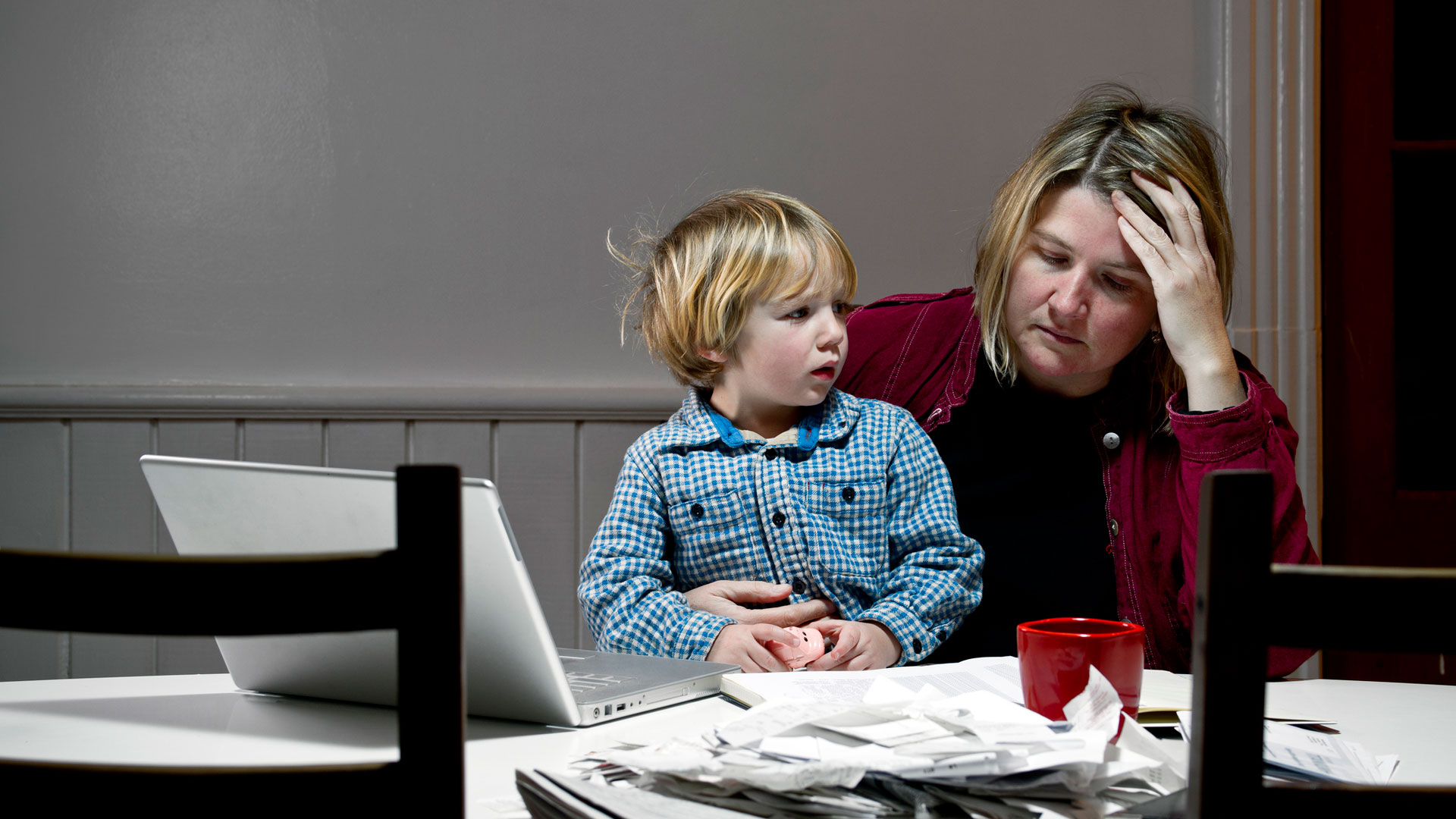Previous analysis by Shelter showed that the cap pushes families into financial hardship, struggling to keep up with rent and other bills. They said the policy would leave a family with three children unable to afford essentials in around four in ten areas around the country.
The cap varies by location – households in London are limited to £23,000 a year in benefits, while those elsewhere are limited to £20,000.
And for single households, the bar is set at £15,410 in London or £13,400 elsewhere. People receiving carers’ allowance or disability benefits could be exempted.
The cap applies when someone earns less than £604.59 a month, which is equivalent to working a 16-hour part-time job earning the national living wage for over-25s.
Shelter chief executive Polly Neate said it was “crystal clear” that the benefit cap is undermining efforts to strengthen the welfare system.
It’s an arbitrary limit that’s applied irrespective of needs
“Many embattled parents who were already struggling with low pay and have lost their job or had their hours cut because of Covid-19 are findingthemselves capped – losing vital support at the worst possible time,” she said.
Advertising helps fund Big Issue’s mission to end poverty
“The desperate calls we are getting from parents left with little to survive on – forced to choose between paying the rent or feeding their children – are a source of deep despair. I don’t believe this government wants to see families left hungry, hopeless and facing homelessness while this deadly virus continues, but this is what is happening.
“We are in extraordinarily difficult times, this flaw in the welfare system has to be fixed before a flood of families find themselves destitute. We are urging the government to think again and scrap the cap for at least the duration of the pandemic in light of the poverty it inflicts.”
The DWP said many of the affected families were likely capped after losing their income and being unable to find replacement work or childcare during the pandemic with “an unprecedented 665 per cent increase” of capped households.
A DWP spokesman said: “The benefit cap, up to the equivalent salary of £28,000 in London, ensures fairness for hard-working taxpaying households and a strong work incentive, whilst providing a much needed safety net of support.
“We remain committed to helping the most vulnerable in society, which is why we currently spend more than £95 billion a year on the benefits system, supporting more than seven million people.”
Child Poverty Action Group (CPAG) said it has heard from a growing number of people who are seeing their benefits capped for the first time, usually because they have lost work and can’t earn enough to reach the £604.59 threshold; their furlough pay brings them below the threshold; or the recent boosts to Universal Credit and Local Housing Allowance rates pushed their social security payments over the £20,000 or £23,000 limit.
Advertising helps fund Big Issue’s mission to end poverty
The policy should be scrapped, CPAG chief executive Alison Garnham said, adding that it has “always been nonsensical”.
“It’s an arbitrary limit that’s applied irrespective of needs,” she said. “In a pandemic it is egregious. People who’ve lost earnings or jobs because of Covid-19 are finding that they’ve also lost significant amounts of their social security support because of the cap. That isn’t right. The cap is causing intense hardship yet in the pandemic most routes for escaping it are closed off so families are left without a life raft.
“The cap hits hardest the very families who are least able to avoid it – single parents with very young kids who even in normal times can’t just get a new job, increase their working hours or up sticks to cheaper housing – precisely because they are caring for very young children. In a pandemic their chances of escaping the cap are extremely limited or non-existent.
“Parents on low wages have no wriggle room – if they receive universal credit and earn less than £604 a month they’re capped but if they earn more than £616 they lose free school meals. It’s a terrible poverty trap. The cap should be lifted so that every parent can meet their children‘s needs in the pandemic and beyond it.
Garnham added: “We should not be further impoverishing vulnerable children because their parents live in high rent areas and for very real and practical reasons are unable to work more hours or move house to escape the cap.”
Advertising helps fund Big Issue’s mission to end poverty
Meanwhile Labour is calling for the cap to be suspended to help those struggling the most during the pandemic.
Seema Malhotra MP, Labour’s shadow employment minister, said the figures must “serve as a wake up call” to the Government.
She added: “This is a Government totally out of touch with the reality of people’s lives.”









